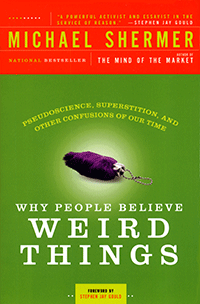1. Finish and complete the sheet about previewing the textbooks.
2. Define and explain when we should use the important vocabulary found at the bottom of the science diagnostic page.
Example: Analysis is "an investigation of the component parts of a whole and their relations in making up the whole" (http://wordnetweb.princeton.edu). We use this word a lot in many university courses, especially in science and research.
3. Bring the "Best of the Best" textbook.
Wednesday, January 28, 2009
Saturday, January 3, 2009
Grading
ESL 111-001 final grades will be determined on the basis of the following:
- 10% is for your participation and work done in Testing & Academic Skills lab every Monday.
- 20% is for completing your final project at the end of the semester
- 40% is for completing all reading assignments on the day they are due. Students will not get credit for completing an assignment one day later. Students will lose 10% of their assignment grade if the assignment is turned in late on that day.
- 20% is for completing reading and vocabulary quizzes.
- 10% is for active participation in class. To receive full credit for active participation, a student must do all of the following: 1) attend every class on time, 2) answer questions when called upon, 3) never speak his or her native language, 4) behave as a mature adult by showing respect to everyone in the class, and 5) demonstrate a willingness to learn
Course Description
ESL 111-001 is designed to assist ESL learners in the development of reading for academic purposes, emphasizing science fact and fiction. Student will develop their reading skills and strategies in and outside the classroom environment as well as improve their vocabulary. Students will be introduced to the concept of skepticism. They will be provided with the foundation of the scientific method. Students will also read various science-fiction short stories. Online science guides will supplement their understanding of certain concepts.
Primary Goals - By the end of the Spring 2009 semester, ESL 111-001 students should be able to perform all of the following tasks:
Primary Goals - By the end of the Spring 2009 semester, ESL 111-001 students should be able to perform all of the following tasks:
- read fiction and non-fiction at the level of an American high school student
- preview fiction and non-fiction texts
- identify the main idea of fiction and non-fiction texts
- identify general and specific statements
- guess vocabulary from the context of the reading materials
- identify contrasting statements
- identify causes and effects
- identify support for the main idea of the reading materials
- summarize fiction and non-fiction texts
- identify the setting, character, and conflict in fiction
- identify themes in science-fiction
- practice and use their newly acquired reading vocabulary
- make inferences based on the reading
- infer conclusions from the reading
- make outlines of the readings
- demonstrate an appreciation for the sciences
- apply skepticism when encountering pseudoscientific claims or statements
- seek out science readings or science-fiction stories on their own
Subscribe to:
Comments (Atom)


